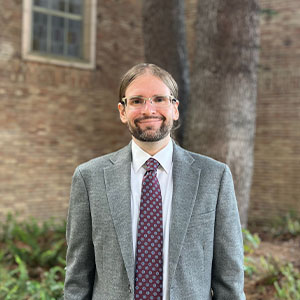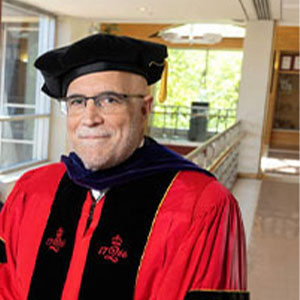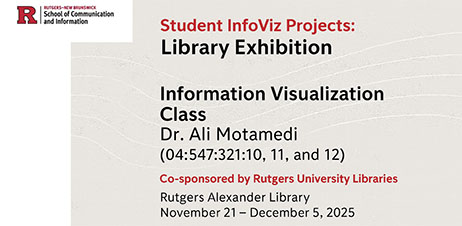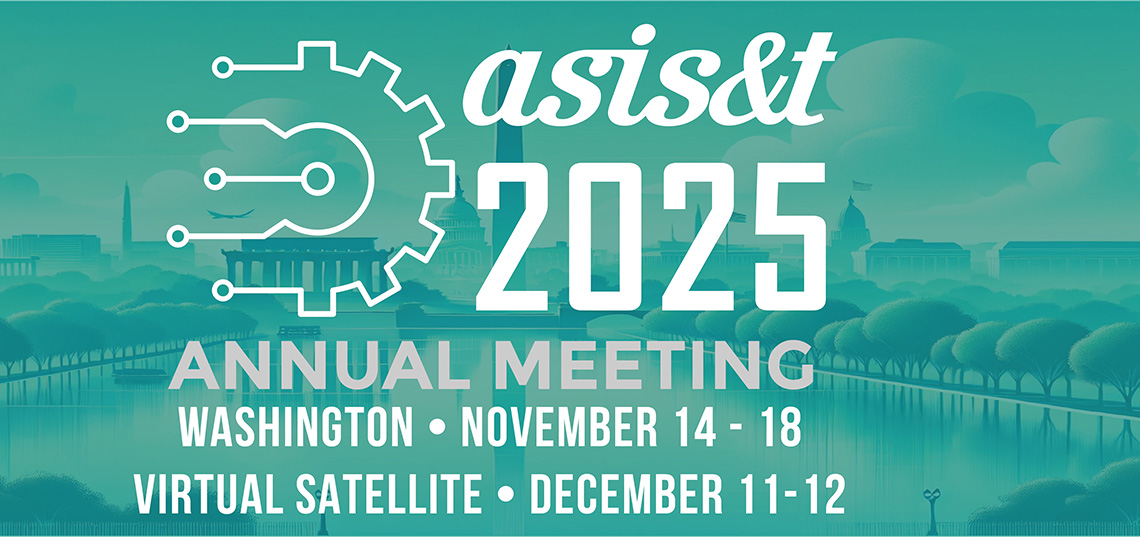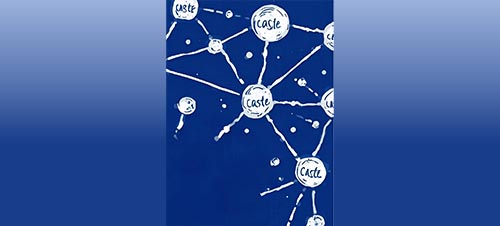To learn more about the faculty in the LIS department, visit the LIS Directory page.
Our faculty are scholars and educators with prominent national and international standing, recipients of distinguished scholarly and professional awards, and recipients of research funding from National Science Foundation, DARPA, ARDA, the Department of Homeland Security, and the Institute of Museum and Library Services, as well as numerous foundations, corporations and library and information science organizations, Google, and OCLC.
Our faculty publish in top-tier journals and proceedings as well as serve on their editorial boards, such as Information Processing and Management, Information Retrieval, Interaction with Computers, Journal of the Association for Information Science and Technology, Journal of Documentation, Journal of Education for Library and Information Science, Library Quarterly, and Journal of Learning, Media & Technology.


